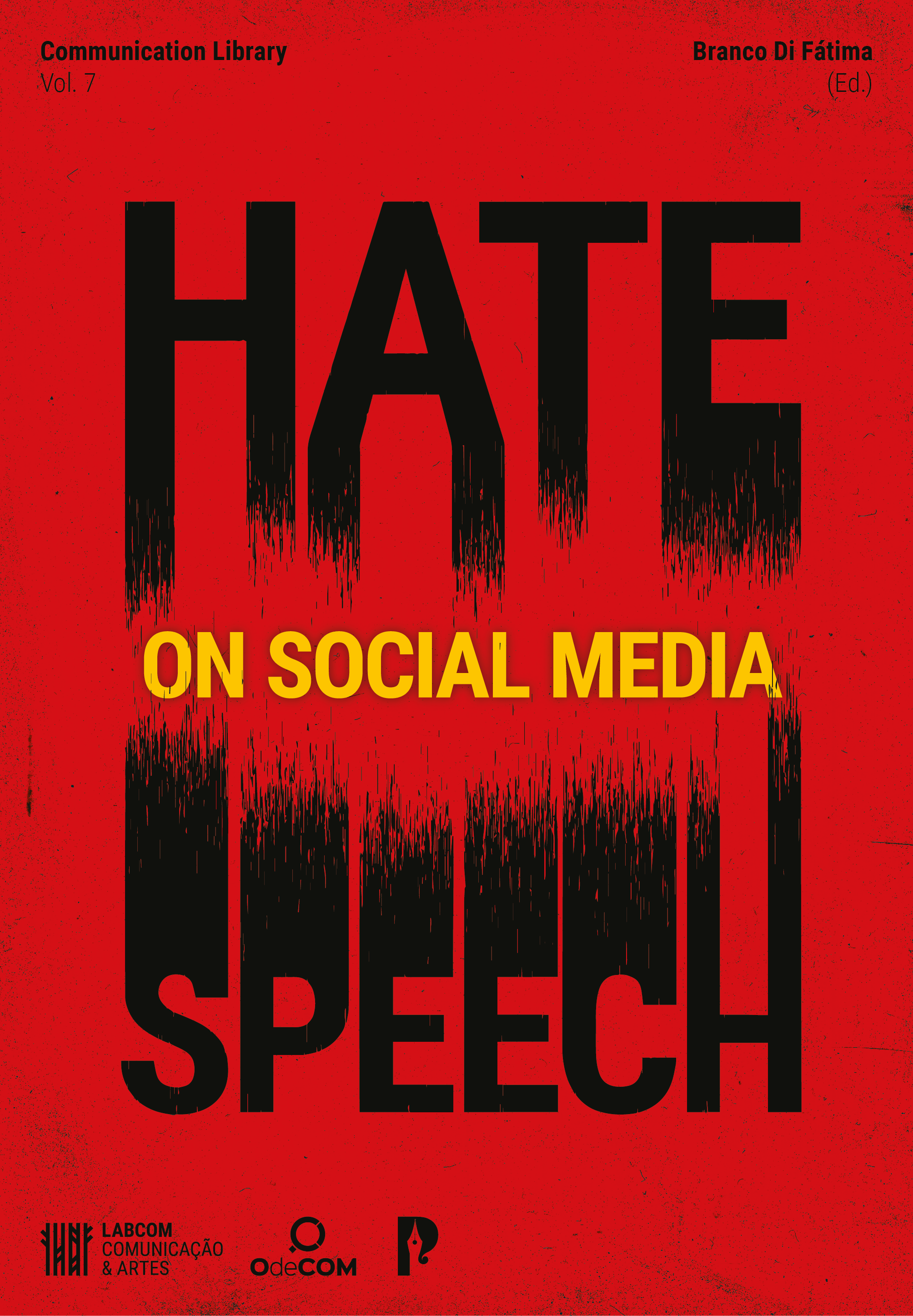Hate speech manifests itself in different social contexts, such as political debates, artistic expression, or work environments for many decades. However, the rapid development of digital technologies, and especially of social media platforms, has created additional challenges to understanding this extreme act. Haters direct their attacks, for example, against women, Black people, immigrants, seniors, disabled people, and the LGBTQ+ community. The United Nations emphasizes that hate speech refers to offenses based on inherent traits, such as race, nationality, or gender. Hate speech is more complex and diverse on social media. It spreads at high speed and can impact behaviors beyond the borders where it originated from. Hate is ubiquitous, interactive, and multimedia. It is available 24/7, reaching a much larger audience. On social media, haters can be anonymous and find support from individuals with the same aggressive mindset. Indeed, haters mobilize numerous subterfuges to obscure their intentions. For example, haters can use irony, humor, and satire to disguise a violent narrative. Regulating hate speech is also not a simple issue. Sometimes it is driven by nationalist groups or far-right parties, going hand in hand with disinformation and conspiracy theories. So whose responsibility is it to regulate it: the governments’, social media platforms’, or society’s? This is just a brief characterization and certainly presents many theoretical gaps. To contribute to this important discussion, LabCom – Communication & Arts, OdeCom – PUCE Communication Observatory, and PUCE Publications Centre are hosting the International Seminar Hate Speech on Social Media. This online event includes the participation of researchers from various countries across the Global South and the Global North. The initiative is part of the ongoing promotion of the open-access book Hate Speech on Social Media: A Global Approach.
ORGANIZATION
LabCom – Communication & Arts
OdeCom – PUCE Communication Observatory
PUCE Publications Centre
CO-ORGANIZATION
Advanced Media Institute
Caleb University
Debre Markos University
Mackenzie Presbyterian University
TDP – Universität Siegen
University of Extremadura
Yaşar University
EXECUTIVE COMMISSION
Adriana Gonçalves
Branco Di Fátima
Daniel Baldaia
Jorge Cruz
Mateus Noronha
Marco López-Paredes
Marta Santos Silva
Rafael Mangana

